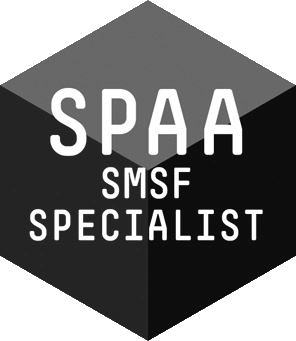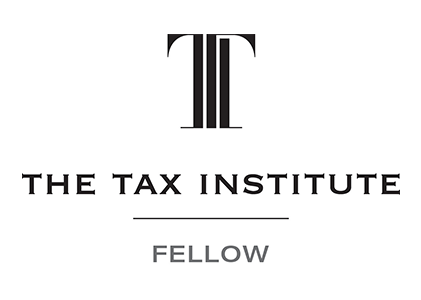Capital Gains Tax (CGT)
The primary tax consideration when selling a small business is Capital Gains Tax (CGT). If you sell a business asset (e.g. goodwill, equipment, real estate) for more than its cost base, the gain is generally subject to CGT.
However, there are a number of CGT concessions specifically for small businesses that can significantly reduce or eliminate the tax payable. To qualify for these concessions, your business must have an annual turnover of less than $2 million or satisfy the net asset value test (total net assets of $6 million or less).
Key Small Business CGT Concessions
1. 15-Year Exemption: If you are aged 55 or over and retiring, and your business has owned the asset for at least 15 years, you may be exempt from CGT entirely on that asset.
2. 50% Active Asset Reduction: You can reduce the capital gain on active business assets by 50%, regardless of your age or retirement status.
3. Retirement Exemption: This allows you to exempt up to $500,000 of capital gains over your lifetime. If you’re under 55, the exempt amount must be contributed into a complying superannuation fund.
4. Rollover Relief: If you sell an active business asset and buy a replacement within two years, you may be able to defer the CGT liability until you dispose of the replacement asset.
Goodwill and Intangible Assets
Goodwill, trademarks, and client lists are often the most valuable part of a small business. These intangible assets are typically considered active assets and may qualify for CGT concessions. Accurately valuing these assets is essential for calculating any gain or loss.
GST Considerations
If your business is registered for Goods and Services Tax (GST), and the sale includes GST-applicable assets, you may need to charge GST on the sale. However, many business sales qualify as a GST-free "going concern", which means:
- The business is sold as a continuing operation.
- Both parties are registered for GST.
- There is a written agreement stating the business is sold as a going concern.
This GST-free status can have cash flow and compliance benefits for both buyer and seller.
Income Tax Implications
While CGT is a part of the income tax system, there can be additional income tax considerations. For example, selling trading stock (like inventory) is treated as ordinary income, not a capital gain. Similarly, any balancing adjustments on depreciating assets (e.g. machinery) may result in assessable income.
Selling Shares vs. Selling Assets
There are two main ways to structure a business sale:
- Asset Sale – The buyer purchases individual assets of the business.
- Share Sale – The buyer purchases shares in the company that owns the business.
These structures have different tax consequences. A share sale may provide better CGT outcomes for the seller, while an asset sale might be more attractive to the buyer (as they can pick and choose which assets to acquire and avoid inheriting liabilities).
Superannuation Strategies
You may be able to contribute the proceeds from the sale into superannuation under the CGT retirement exemption or other contribution caps. This can offer significant tax advantages, particularly for retirement planning.
Professional Advice Is Essential
Tax outcomes vary depending on how the sale is structured, the nature of the business assets, and your personal circumstances. Seeking advice from a qualified tax advisor or accountant early in the process is critical to:
- Maximise available concessions
- Avoid costly mistakes
- Ensure compliance with ATO regulations
Conclusion
Selling a small business in Australia triggers several tax considerations, especially around CGT, GST, and income tax. With the right planning and advice, business owners can take advantage of generous concessions to minimise their tax liability and retain more of the sale proceeds. As with all major financial decisions, early and informed guidance makes all the difference
Our Management Credentials




